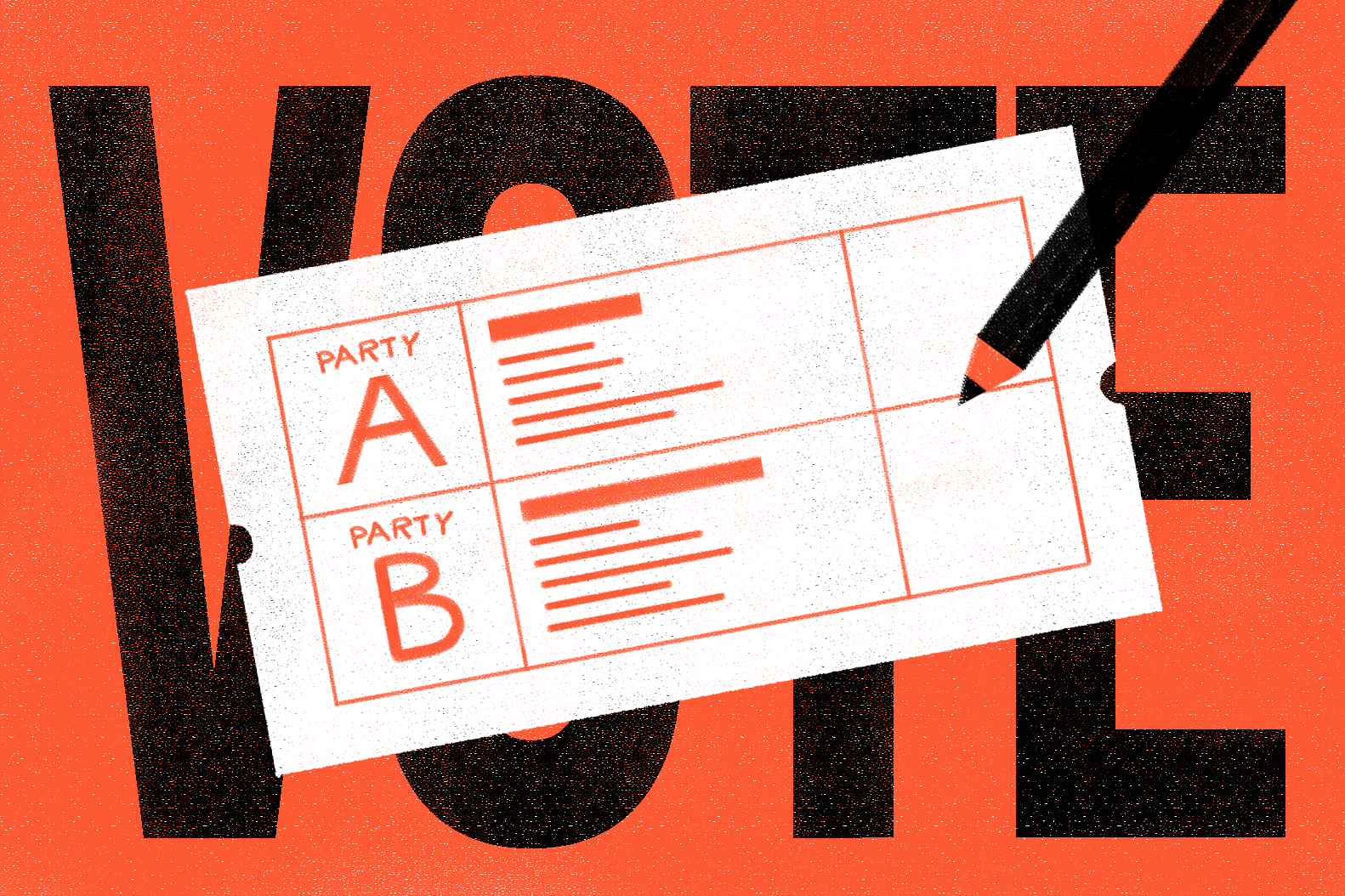I was quite the manipulator as a kid.
I remember manipulating my cousins to turn against another cousin of mine, Angela. Angela was a very sweet girl, soft-spoken gentle and easygoing … But I framed her as a “crybaby”.
Whenever she cried about feeling left out, I’d say, “Look at her whining again.” And when our relatives asked Angela why she was she crying, I’d comment to my cousins, “Look at her complaining to the adults”.
I would try all sorts of means to tear down the relationship between Angela and my other cousins because I wanted their attention and affirmation all to myself. I didn’t want to share them with anyone else especially since my cousins lived abroad and had limited time to spend with us.
Whenever my cousins left, I would act all nice and friendly with Angela once more to get my friendship with her back. But that would only last until my cousins came back.

I wasn’t quite as mean to anyone in Secondary School, but I was one of the girls who would exchange looks and snigger along with the popular kids whenever a socially ostracised student did something we decided was funny. It was all for fun and I never thought too much about it.
All that was more than 10 years ago. You might be wondering why I’m unearthing the past now. In a strange twist of events, I recently met up with one of my bullied classmates over a meal.
While talking to her, I realised how what we did in the past continued to haunt her in the present. She was talking about her current struggles but I could clearly see the ghost of her pain. I never saw it, but that meal was the first time in my life I realised I was a bully.
In putting others down, I felt like I was raising my self-worth up.
When I reflected on my younger self, it came to my understanding that the main reason why I bullied was for identity. In putting others down, I felt like I was raising my self-worth up.
There is an innate need in each of us to know that we are different and unique as a person. As part of our identity, self-image refers to the way we see ourselves while self-esteem is the amount of value we attach to ourselves.
Most people derive their self-esteem through comparison. We generally feel more secure about our personhood when we tell ourselves, “I’m not as bad as him or her” or “I’m better.” That was me with Angela.
And while I was not the main bully in Secondary School, I signalled to others – and myself – that I was part of the “cool kids” by laughing with them when they made fun of other students. Deriving our identity from group membership (social identity) is a form of self-image. Since I saw myself as part of the popular group – my self-esteem rose as well.
But we can’t base our value on our superiority over others. In an episode of Adam Ruins Everything, Adam argues that the “Alpha Male” is a myth because “Humans social hierarchies are constantly in flux, no one is the same type of person in all situations.”
That principle was true in my life. I held “power” over my cousins as a kid but guess what? I later became a victim of bullying at the tuition center I was attending. It sucked. “Why are they doing this? Is there something wrong with me?” was a question I asked myself over and over again.
It didn’t strike me then but I realise if we based our sense of self on something so relative, then we’ll always have to work for our value.

But that’s not how God designed us to be.
The Bible says we are made in the image of God (Genesis 1:27). Dr Art Lindsley puts it this way: “Our worth is connected to our Creator. If God is of great and inestimable worth, then human beings made in his image must be of great value, too.”
Not only that, the Bible also details how intricately God made humans. Psalm 139:13 describes God knitting us into existence – a delicate crafting. I don’t have to tell you how complex the human body is – just look at the Human Genome Project! Like all masterpieces, a work of sweat and blood is of extreme value to its creator.
“Our worth is connected to our Creator. If God is of great and inestimable worth, then human beings made in his image must be of great value, too.” (Dr. Art Lindsley)
My Pastor once said that the worth of an item is highly dependent on how much one is willing to pay for it.
If I say a painting’s only worth $100 but someone comes along and is willing to pay $1000 for it, then the value of the painting automatically rises.
It’s the same for us. God was willing to pay the ransom in order to redeem us – the full price was His life. The fact that God died for us has many implications. One of which is that I no longer have to strive for my value.
I am not defined by my social status and I’m not defined by what others think of me. I’m not even defined by what I think of myself!
My worth is what God thinks of me, and that’s fixed and unchanging.









